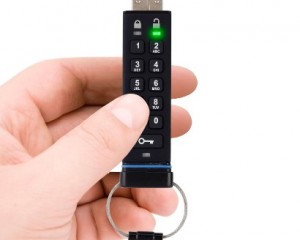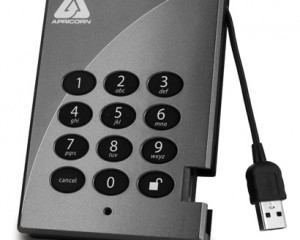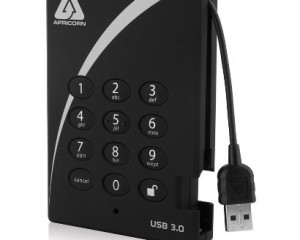This section of our website is dedicated to providing further product information. We hope it will also help answer some of your questions.
Which Ironkey product is right for me? Flagyl treatment for
Ironkey comes in 3 flavours – Basic, Personal and Enterprise.
Basic – This is ideal if you just want to use the device for storage. It can also be upgraded to an Enterprise device in future.
Personal – This is ideal if you want to browse the web securely at internet cafes, and away from your own computer. It also provides storage. Despite the name, the “Personal” device is perfect for businesses.
Enterprise – This is ideal for organisations who wish to have 5-10 or more users using a device, and wish to manage the devices centrally by their IT department. You can manage 10’s, 100’s or thousands of Ironkey devices effectively with the Enterprise option.
Ironkey USB devices are limited to 32GB of storage. I need to store much more than that, what are my options?
While Ironkey USB is very robust and convenient, often you need to transport or store much more data securely. With a terabyte of files, it becomes impractical and costly to store or transport over multiple Ironkey devices. This is where the Apricorn and Datalocker devices come into play. They are secure devices built to high specifications – we encourage you to check out these products on this website for more information.
What’s the difference between the D200 and S200 models?
A technical comparison between the models can be found by visiting our Ironkey specifications page.
The D200 is suitable for office workers who use their drive for file transfers of large amounts of data to share with others, bring work home, or perform periodic backups.
The S200 is for Power Users who place heavy daily backup demands on their drives, use the drive for portability of a virtual desktop, or regular use of the on-board applications such as the secure browser.
The difference in more detail is the the D200 uses Mulitple Level Cell (MLC) memory and the S200 uses Single Level Cell (SLC) memory. This gives them different speed and lifespan attributes.
The speed ratios between them vary with the size of the drive but to generalize, the SLC memory drive is faster by about 20% at the larger size drives. The difference is greater in the smaller size drives.
SLC memory also lasts longer than MLC memory as measured by the number of write operations on the drive. While MLC memory is adequate for most casual uses, the SLC lifespan is estimated at 7 to 10 times longer than MLC and is recommended for uses and applications related to business continuity.
Itai??i??s sort of like buying a cheap computer instead of a more expensive one. You pay more for the more expensive computer, but that more expensive computer is most likely faster, and/or has more features.

 Aegis Secure Key 8GB – USB 2.0 Flash Drive
Aegis Secure Key 8GB – USB 2.0 Flash Drive  Aegis Padlock 250GB – 256bit
Aegis Padlock 250GB – 256bit  Aegis Padlock 3.0 – 250GB
Aegis Padlock 3.0 – 250GB